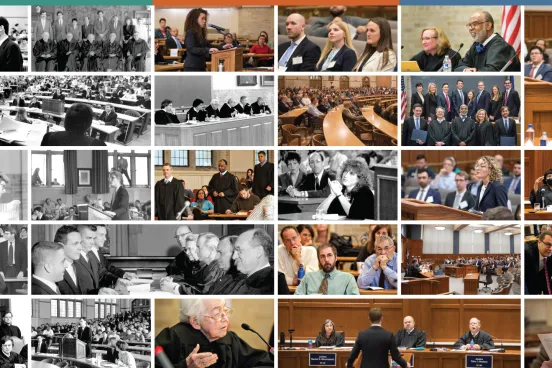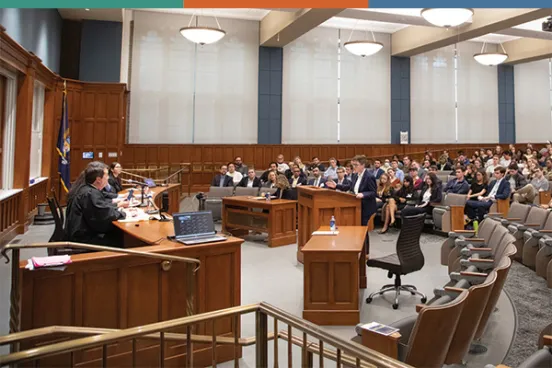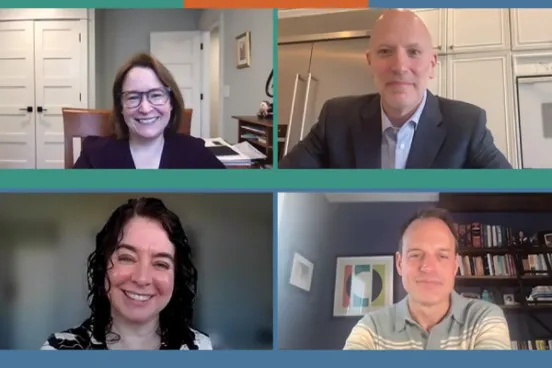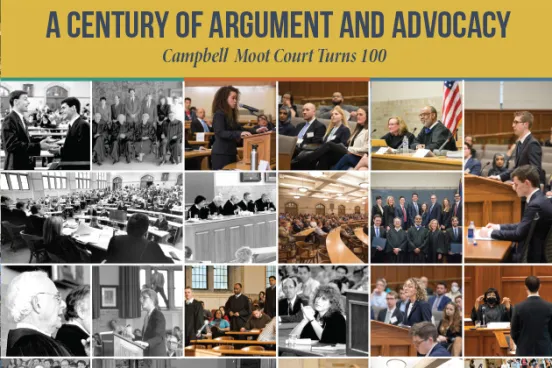Michelle Adams, Henry M. Butzel Professor of Law
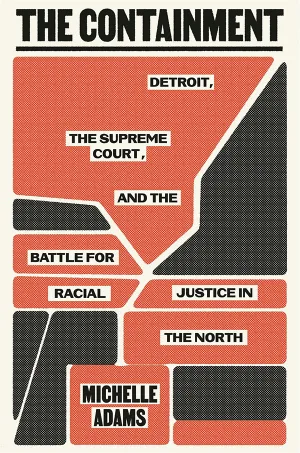
The Containment: Detroit, the Supreme Court, and the Battle for Racial Justice in the North (Macmillan, 2025)
Adams’s newest book details the history and impact of Milliken v. Bradley, the Detroit school desegregation case that gained national attention; the Supreme Court ruling in the early 1970s effectively ended the era of Brown v. Board of Education. As an expert in race and the law who was born in Detroit, Adams had long been interested in the Milliken case; the book is the product of more than 10 years of research and writing.
“This book is about a very important case, but it’s really about how northern Jim Crow [laws were] created, maintained, and prosecuted. …The more reading I did, the more interested I got. At some point I decided that there was a story that I wanted to read. I knew that if it was a story that I wanted to read, then I had a shot at having it be a story that other people might be interested in as well.”
Read more about a related student project stemming from Adams’s book elsewhere in this issue of Law Quadrangle.
Nicolas Cornell, Professor of Law
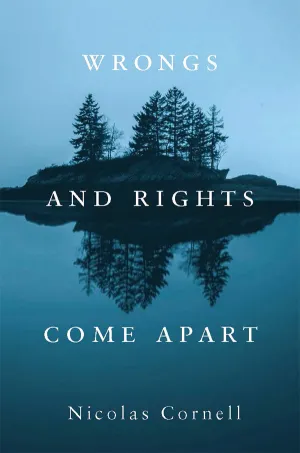
Wrongs and Rights Come Apart (Harvard University Press, 2025)
While traditional thinking tends to bind together the concepts of rights and wrongs, Cornell argues they can and should be considered separately. Drawing on examples from the law, literature, pop culture, and elsewhere, he explores a variety of topics, including exploitation and the nature of forgiveness, through this lens. Cornell, who holds a PhD in philosophy as well as his JD, teaches and writes on contract law, moral philosophy, remedies, and private law theory.
“The traditional understanding, in both legal doctrine and moral philosophy, is that rights and wrongs are sort of flip sides of the same coin. That is, to have a right is to be the person who stands to be wronged. And to be wronged is to have had your rights violated. What I’m trying to suggest is that these concepts can come apart. …For example, if you kill me, you will have wronged my mother, who cares about me quite a bit, but you will not have violated her rights.”
Leah Litman, ’10, Professor of Law
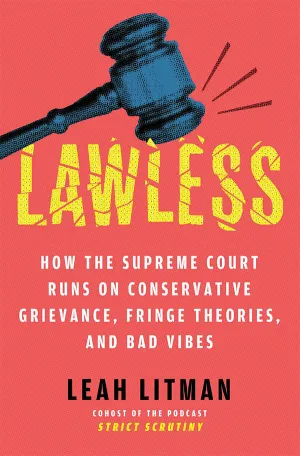
Lawless: How the Supreme Court Runs on Conservative Grievance, Fringe Theories, and Bad Vibes (Atria/One Signal Publishers, 2025)
From her clerkship with former Justice Anthony Kennedy to her current teaching on constitutional law and the federal courts and her co-hosting of the Strict Scrutiny podcast, Litman is well positioned as an observer of the Supreme Court and its activities of the past several years. For insight into her thinking, look no further than the subtitle of her book.
“We often think of law as something that is objective and determinant, where there are right answers. Vibes, by contrast, are more subjective; they’re your innermost feelings. By suggesting the court is drawing on vibes rather than law, it’s meant to suggest that what they are doing is imparting more of their own views into the law that governs all of us.”
She adds that “fringe theories” refers to the idea that the court is drawing on views held by a minority of the country, while “conservative grievance” is the idea that some of the justices appear to be convinced that conservatives are the victims of a society that doesn’t share their views.
Richard Primus, Theodore J. St. Antoine Collegiate Professor of Law
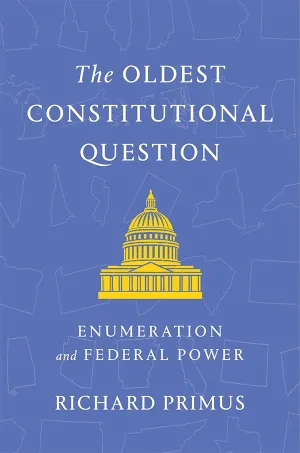
The Oldest Constitutional Question: Enumeration and Federal Power (Harvard University Press, 2025)
Primus argues against the longstanding orthodoxy that Congress can do only what the Constitution authorizes it to do. Over the years, he has taught his students that the 10th Amendment to the Constitution limits the powers of the federal government to those enumerated in Article 1, Section 8. But he gradually came to question that interpretation.
“It is a core proposition of American constitutional law that Congress can legislate only on the basis of its enumerated powers and that that limits Congress in important ways. Also, that federalism—in the way that it’s supposed to work in our system—depends on that limitation. My book is an explanation of why I think that all of that is wrong. …
“[If] I can persuade people to think about the Constitution in a better way, maybe we can change what the law thinks is a sensible argument. That is, I think that we should understand the enumerated powers of Congress as primarily intended not to limit Congress, but to empower it.”


